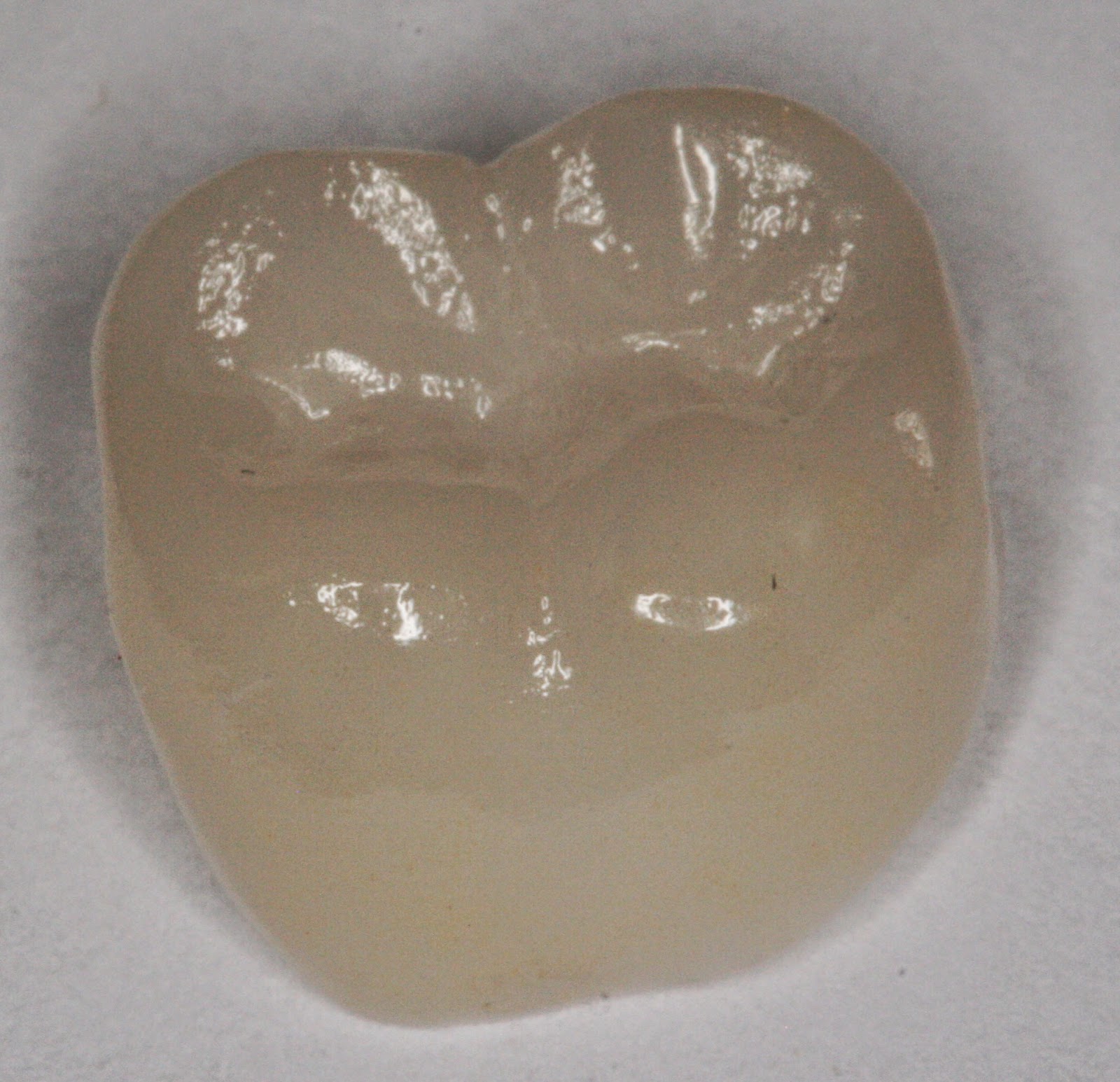

Everyone
would like to have a straight, white smile. Dentists know this. Dentists would
love to do more cosmetic dentistry. Today, most dentistry should be some form
of cosmetic dentistry. But, with so much choice out there, how do you choose a
cosmetic dentist right for you?
Remember that you are
placing your aesthetic future in someone else's hands—literally. You want to
make sure that this person is qualified, experienced, and able to meet your
specific needs. So shop around. Many cosmetic dentists offer free
consultations. Take advantage of these offers. Visit a few different cosmetic
dentists. As you do your research, consider the following things:
Training and
education. It's pretty safe to assume
that most dentists have a fair bit of dental education. But how much do they
really know about cosmetic dentistry? Dental school training is at an
introductory or general level. Many dentists never attend further training
beyond reading "What's New" columns. To stay at the top level,
dentists must constantly attend workshops and seminars and, especially, attend
hands-on training to keep up with rapidly evolving materials and technology. A
dentist who invests time, money and energy to his or her own continuing
education demonstrates a commitment to achievement, and to patient
satisfaction.
Honesty. A good cosmetic dentist will be upfront about what he or
she can do for you, how much time it will take, and how much post-treatment
maintenance you will have to do. Anyone who tells you about "quick and
easy" fixes is trying too hard to sell you his or her services.
Communication. You want what's best for your teeth. So, too, should your
cosmetic dentist. Choose one who listens and makes sure he or she really
understands your needs. Remember, you're looking for a course of treatment
tailored to your specific aesthetic goals, so seek a cosmetic dentist who will
customize a plan for your teeth. Conversely, make sure you understand your
dentist. Go for someone who describes in detail what he or she proposes to do,
and clearly answers your questions.
Artistic Eye. Remember, these are your looks at stake. Make sure your
cosmetic dentist considers not only what will work best for you, but what will
look best for you as well.
Experience. Practice makes perfect in cosmetic dentistry, just like
anywhere else. The more experience a dentist has had performing various
cosmetic tasks, the better he or she will be at it. Ask potential cosmetic
dentists how much experience they've had in the type of procedure in which you
are interested.
Before and After
Photos. Every good cosmetic dentist
has a collection of these photos available for patient viewing. Look at them,
and pay special attention to cases similar to yours. The photos should be high
quality and show amazing detail. Careful, some dentists might have purchased a
photo set containing generic photos of cosmetic dentistry success stories. Be
sure that the photos you see depict actual clients of your dentist.
References. Ask other patients about their experience with a
potential dentist. A Google search can reveal a lot. Google reviews can be a good resource. It's not perfect, it is possible to cheat the system, at least for a while. I think a bad review or two is a good thing. It shows that the reviews aren't totally rigged, and no business can please everyone. I believe that before any medical practitioner treats you, you should check Google and online reviews. Also, you can phone the State Licensing Board
to inquire if any complaints have been filed against the dentist. You can check for disciplinary actions at
www.dopl.utah.gov.
Tour of the
Facilities. Finally, have a look
around the office. This is your opportunity to see the equipment, ask questions
about available technology and procedures, and check out the sterilization
areas.
Other things to
watch for. The dentist should listen
to what you want. It’s not, “yes doctor, whatever you think is best,” anymore.
The days of the guy down the street making crowns in his basement are over,
too. Ask which lab will be used and check their website. Ask to see lab work of
a similar case. The lab work should be neat and polished, not sloppy. The dentist should have nice teeth. They
should be white and probably have no silver fillings. It shows if he really
believes in cosmetic treatment. The office should run smoothly, there shouldn't be too many miscommunications or too much employee turnover. There should be
enough assistants. Modern techniques require more hands than the dentist and
one assistant. The dentist should be interested in conservative treatment. If
the recommendation is a crown for every tooth that has a filling- red flag.
Long appointments for extensive work are not easy. The dentist should be
experienced with a variety of drugs to make the appointment easier. The dentist
should be very concerned about your comfort, remember special requests and not
be rough or heavy-handed. Attention
should be paid to the health of your gums, your jaw joint and bite. Cosmetic dentistry is not a “recognized
specialty.” If a dentist claims to “specialize” in cosmetic dentistry, they are
guilty of poor use of the lingo at least, deception at most.
There are dentist's out there who are caring , honest, and talented- choose one of those!














